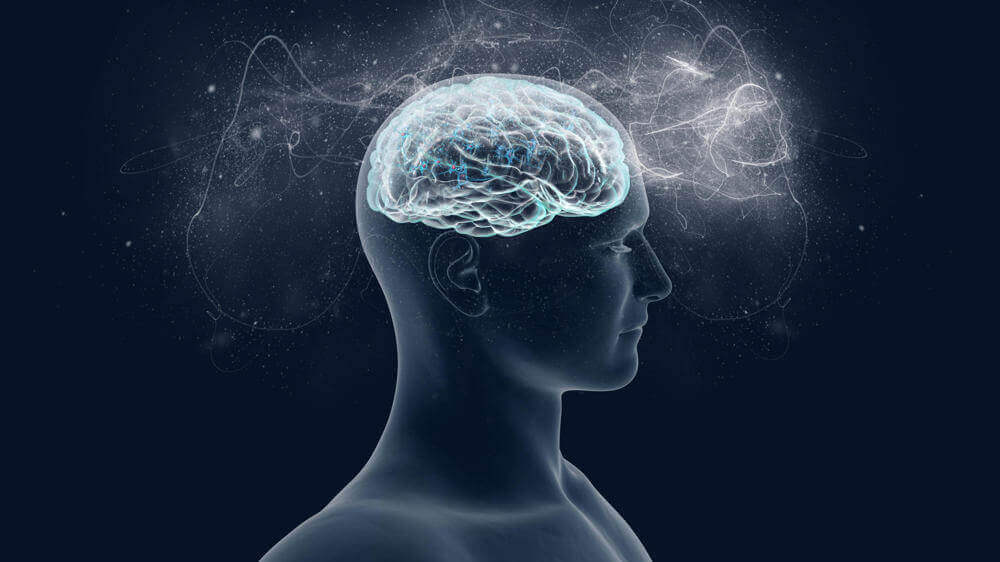Magnesium is an essential nutrient that we often have in our body in small amounts due to our current lifestyle, this macromineral performs more than 600 metabolic functions and acts as an excellent protector of the brain, in fact its benefits in improving stress and chronic anxiety are so positive that many scientists call it “natural Valium”.
You have to be clear that magnesium is not a miracle drug, taking supplements based on this component will not solve our anxiety disorder in a few days, it will not cure insomnia or triple our cognitive agility, it is modulating and triggering good health, especially neurological health.
- Chronic magnesium deficiency can cause neurological disorders.
- Such as hyperexcitability.
- Apathy and even psychosis.
This is due to a very simple reason: the Western regimen has a significant deficit in this mineral, about 70% of the population has a low level of magnesium in the body, the source of all this would be in many of the foods we eat. : they lack this essential nutrient because the soil in which they are grown is not properly fertilized, is the soil currently fertilized with phosphorus, nitrogen and potassium?
This does not happen, for example, in countries such as Japan, its soils are rich in this mineral, to the point of ingesting on average about 700 milligrams, which benefits its longevity, a lower rate of dementia, better bone health, etc.
Of course, there may be many other factors, but research on magnesium therapy is extensive and very successful, and many articles published in the journal Nature support the benefits of this nutrient for our psychological health.
In this article we will delve into this topic
Using magnesium has become a passing fad, you can’t deny it: it’s in health food stores, pharmacies and even supermarkets, we’ve heard so much about its benefits that we can say there’s almost a real one?Cult? For this nutritious. But what is true of him?
We can emphasize once again that its benefits lie in a very specific aspect: modern food and current agriculture are deficient in magnesium due to industrial agriculture and artificial fertilizers, the curious thing is that, as the reserves of this mineral are reduced, the first thing we notice is a greater sensitivity to stress and anxiety.
However, what is the peculiarity of magnesium?Why is it so important for our overall health?
Magnesium is necessary to perform more than 600 metabolic functions; however, for the past 50 years, this mineral deficiency has been in the top three, along with iron and vitamin D.
Clinical and experimental evidence shows that chronic magnesium deficiency leads to several neurological problems, such as hyperexcitability, seizures and psychiatric symptoms ranging from apathy to psychosis, a serious but hopeful problem, because it is sufficient to administer magnesium supplements to many patients and observe how other clinical and therapeutic strategies are making significant progress.
In addition, neuroscientist Guosong Liu of Tsinghua University in Beijing is one of the leading experts in studying the relationship between magnesium and our cognitive and emotional health. His research is exciting and very rewarding. Here are some of his findings.
Magnesium reduces stress and anxiety by stimulating GABA receptors in the brain.
These data are certainly very interesting: magnesium reduces the release of stress hormones, such as cortisol, and also acts as a neuroprotective.
Cortisol is one of the most dangerous triggers of anxiety, which causes the classic mental fog: that inability to concentrate, think clearly, have an efficient memory, react quickly to stimuli?
We know that something as basic as having adequate levels of magnesium in our body will favor important processes such as muscle relaxation or nervous system balance, in addition, one aspect that is certainly also very positive is the regulation of the production of a more suitable level of Serotonin.
Serotonin is a hormone that also functions as a neurotransmitter responsible for regulating our mood, for example, low Serotonin levels contribute to the development of depressive states, however, if we maintain good Serotonin production, we will be more likely to face our daily lives. with more energy and optimism, and magnesium can help us achieve this.
At this point, it’s quite possible that more than one person is thinking about going to the pharmacy now and buying magnesium, but we can’t rush too far. Magnesium is not suitable for all types of patients; that may not be the case, for example, if we have a kidney problem.
Therefore, it is best to always consult a doctor, analyze our physical conditions and real needs, and assess whether we should take magnesium supplements, of what type and in what amount.
In cases of anxiety, stress, insomnia or some form of depression, taking this macromineral is always positive, but that doesn’t mean we don’t need to consult a specialist in advance.
In addition, we can improve our diet. Ideally you would always use organic products, where you can be certain that the soil has been fertilized with magnesium, without pesticides and other products that subtract nutrients from fruits or vegetables, here are some examples of magnesium-rich foods that we should consume most often:
To conclude, despite the complexity of today’s world, with its pressures and difficulties, do they help to make us more anxious or stressed, our diet?Low in nutrients? This also brings us many health problems or disorders that we can develop at any stage of life. So we have to take care of ourselves a little more.

